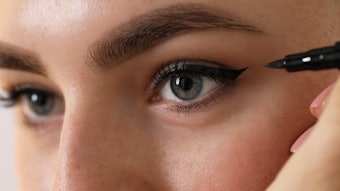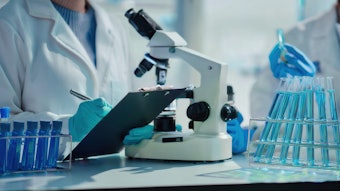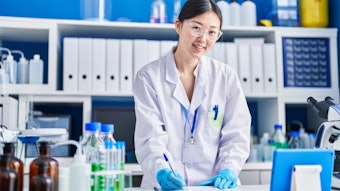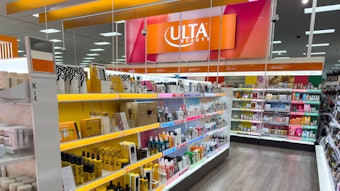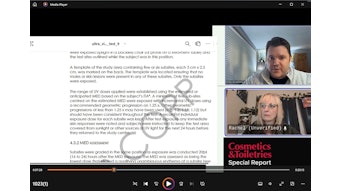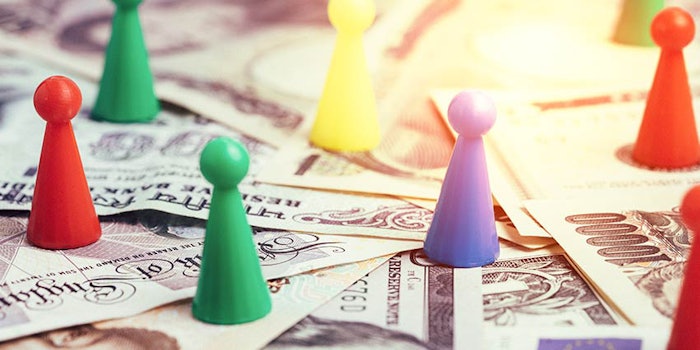
At BeautyPress Spotlight NYC, we sat down with Independent Cosmetics Manufacturers and Distributors (ICMAD) president and CEO Pam Busiek to discuss the recent tariffs, animal testing bans and the biggest game changer in the world of cosmetics manufacturing.
Tariffs
Cosmetics & Toiletries: How would you say the recent tariffs, thus far, have been impacting the industry, and how the industry has responded to them?
Pam Busiek: I would say with curiosity and concern, first, because there it requires a learning curve as to what country is doing what, and there’s so much diversity. Each country is different, and we really have gauged that by the export document that we provide our companies, the certificate of freesale that is required to export, and we have not found them diminishing, to date, and I find that interesting. Of course, January is yet to come, and that will be a little bit different, and we [had] the November elections, and that might change what things look like as well. But in the world of cosmetics, [trade] is still booming.
CT: What, if anything, can manufacturers do to brace themselves for any changes or negative impacts that we might see?
PB: Educate themselves, look at their inventory risks, strengthen their distributor database, make sure their relationships are as strong as they think they are, and look for alternatives.
"...global harmonization would be perfect. Is it close? No. Did it get our attention recently? Yes, out in California."
Animal Testing
CT: How do you feel about the recent animal testing bans? Do you think we could possibly be moving toward a global animal testing ban?
PB: Global harmony is something we would love to see; we hope to see it on ICCR [International Cooperation on Cosmetics Regulation], which is a global harmonizing body with regulators within the industry, and it’s been a topic that has come up for many, many years. It was difficult, because cruelty free has always been a philosophy within the world of cosmetics, but most of the safety testing that we could really validate and stand on comes from testing on mice or rabbits, versus human beings. People want to make sure the products are safe, and that’s paramount. With China requiring testing on animals, and Europe not allowing it by ingredients, there’s a dichotomy that’s occurring, and confusion and cost to the manufacturers, the distributors and ultimately the consumers.
So global harmonization would be perfect. Is it close? No. Did it get our attention recently? Yes, out in California. I do think it’s palatable, what Californians passed, and we were a large participant in the draft language to make it happen that way, while thinking of consumer safety first and making sure that small and mid-sized companies can stay in the field, because that’s where ideas and innovation start and they want to play by the rules.
Sunscreen Ban
CT: The Hawaiian sunscreen ban—have you seen anything similar elsewhere, and how would you say manufacturers are responding?
PB: I think manufacturers took a step back and were a little bit surprised; they were looking for assurance on the quality of testing, and that any sunscreen SPF testing is as accurate as the report that is given to them, so I find that there are really analyzing their own testing scenarios and ingredient structures. It’s really onerous on the raw materials suppliers, also, to step back and see what’s happening in the sunscreen world. In the United State’s is an over-the-counter drug; in Europe, it’s not, so there you have a whole other set of controversies. I think the regulatory schemes that are occurring all over the world are the biggest game changers in the world of cosmetics, and I think that requires astute listeners and companies watching very closely, almost like a birddog—you just have to stay on top of it.
